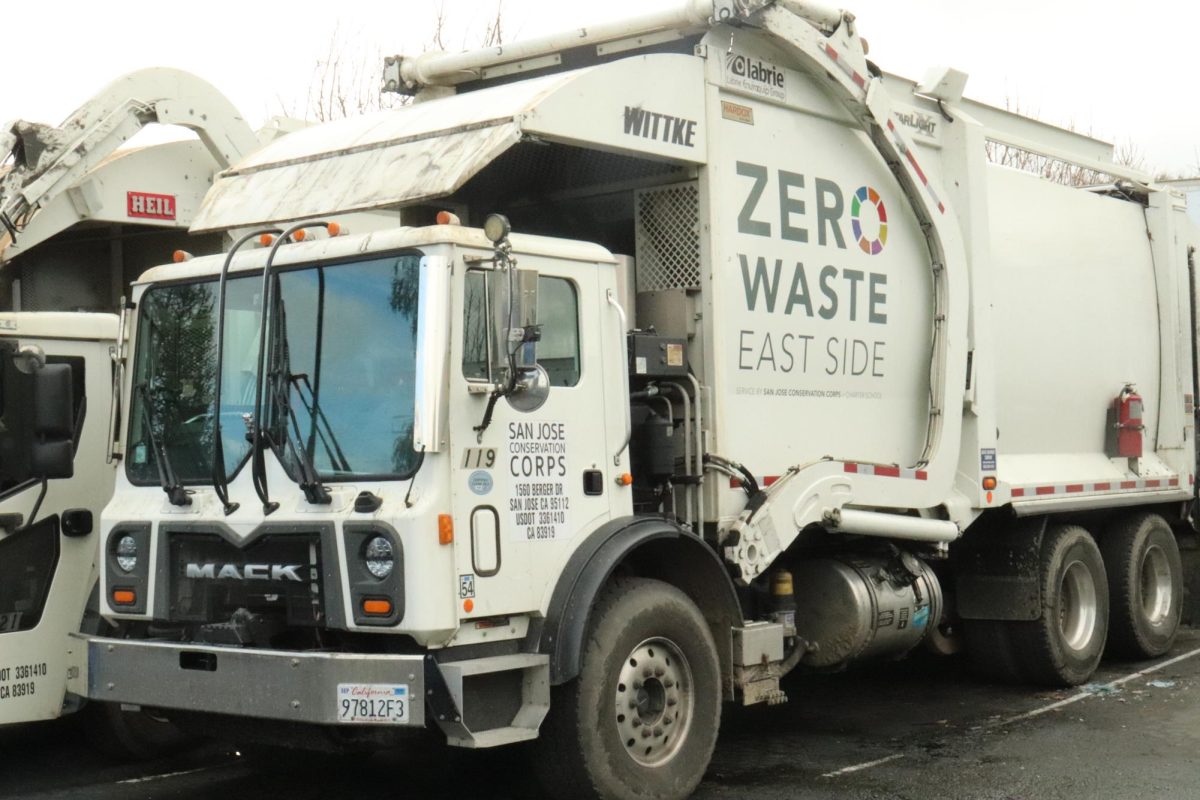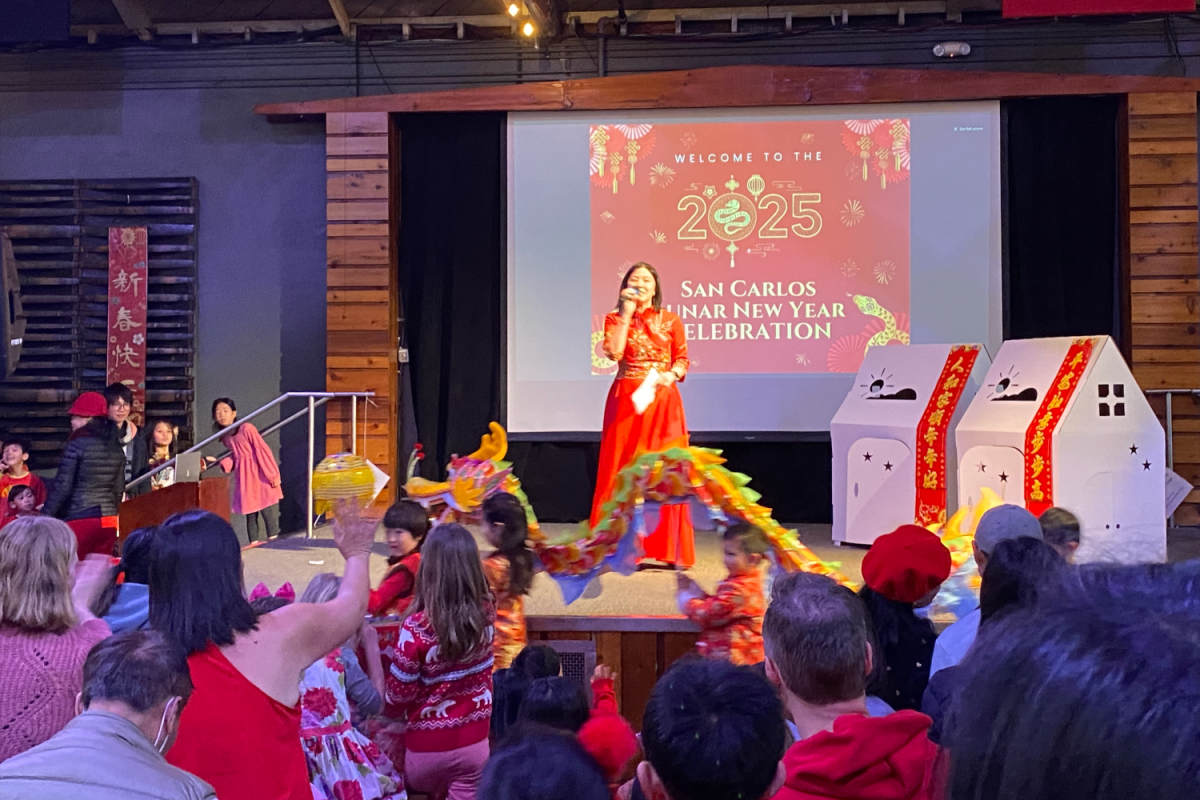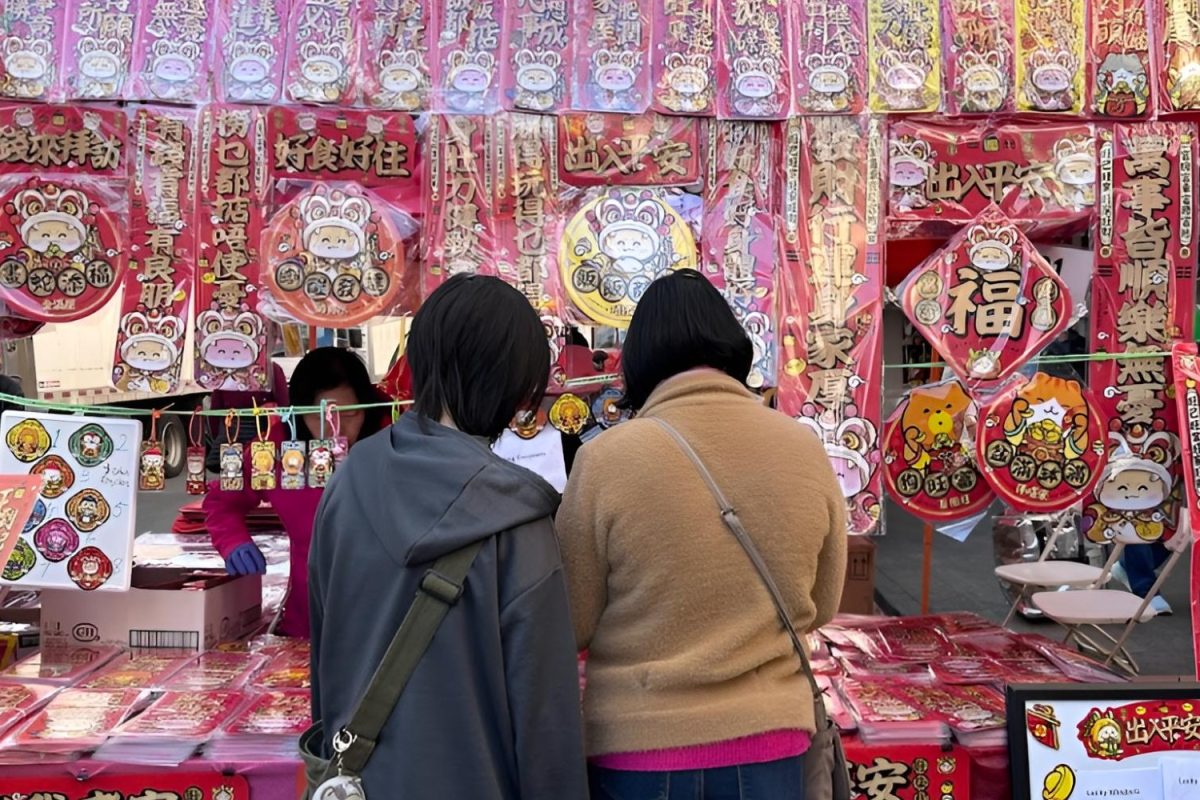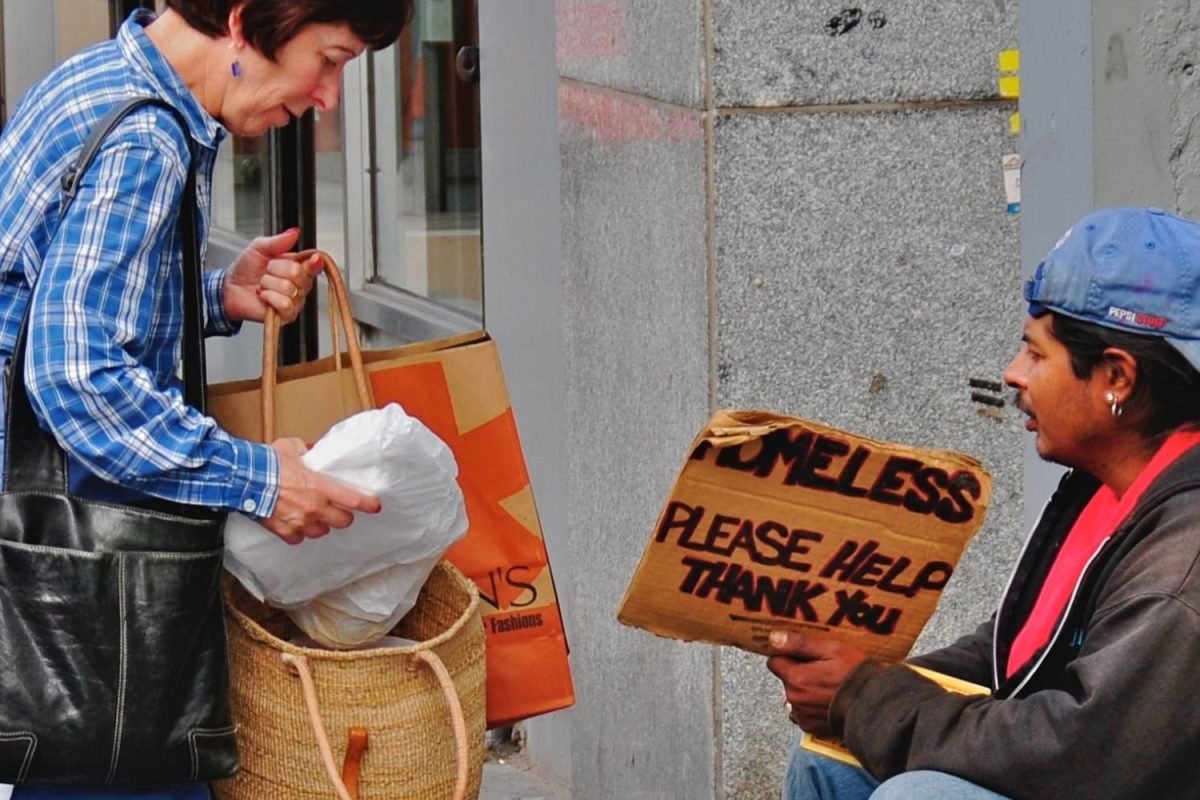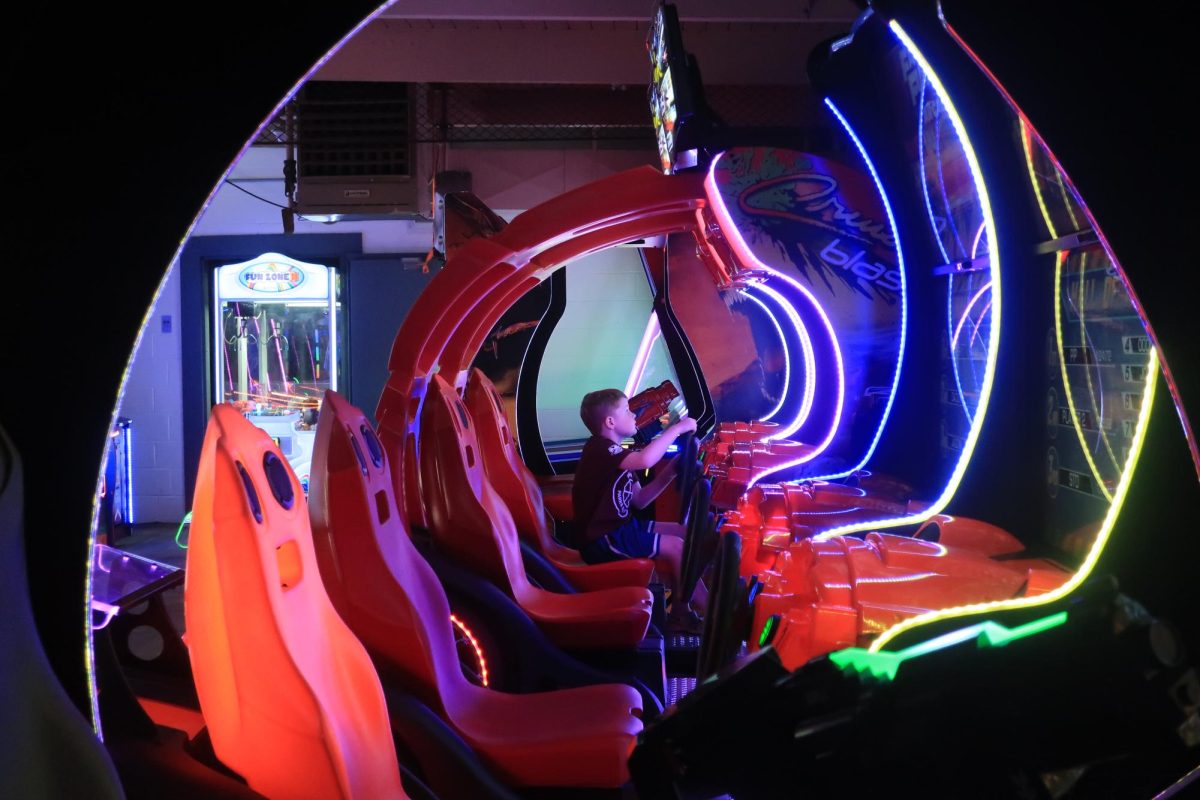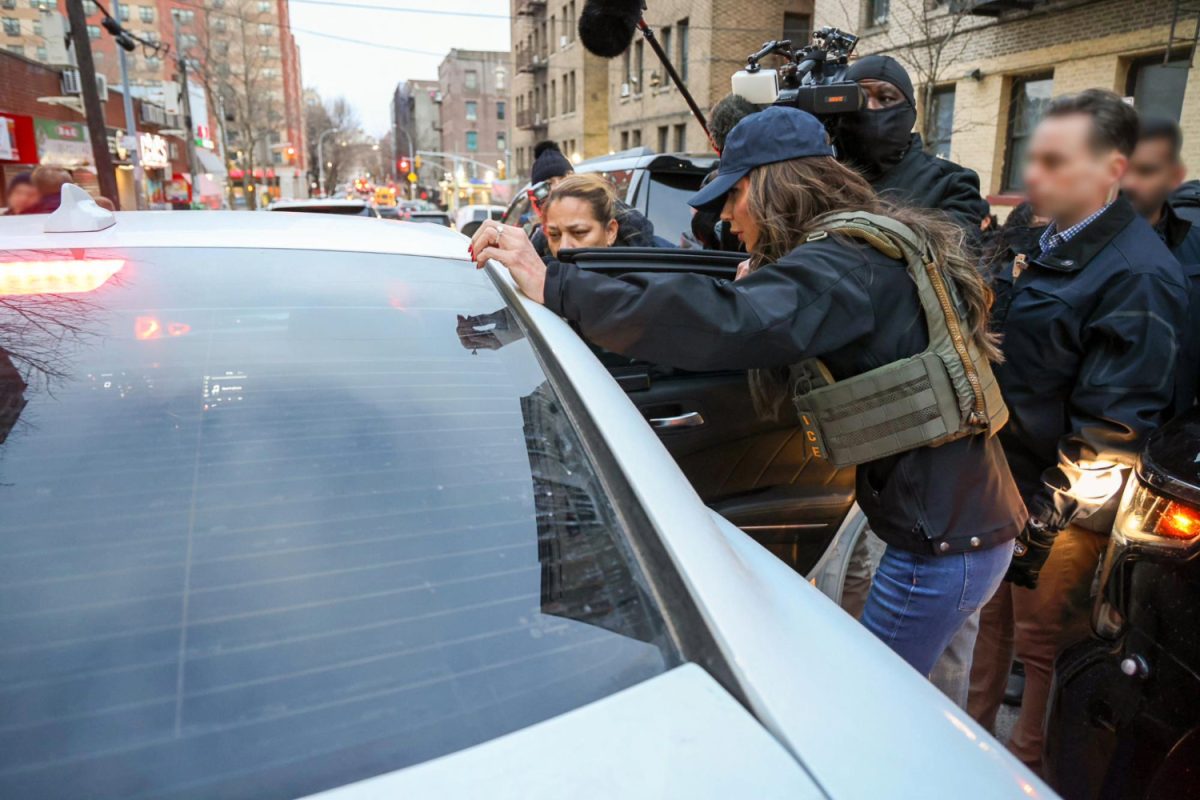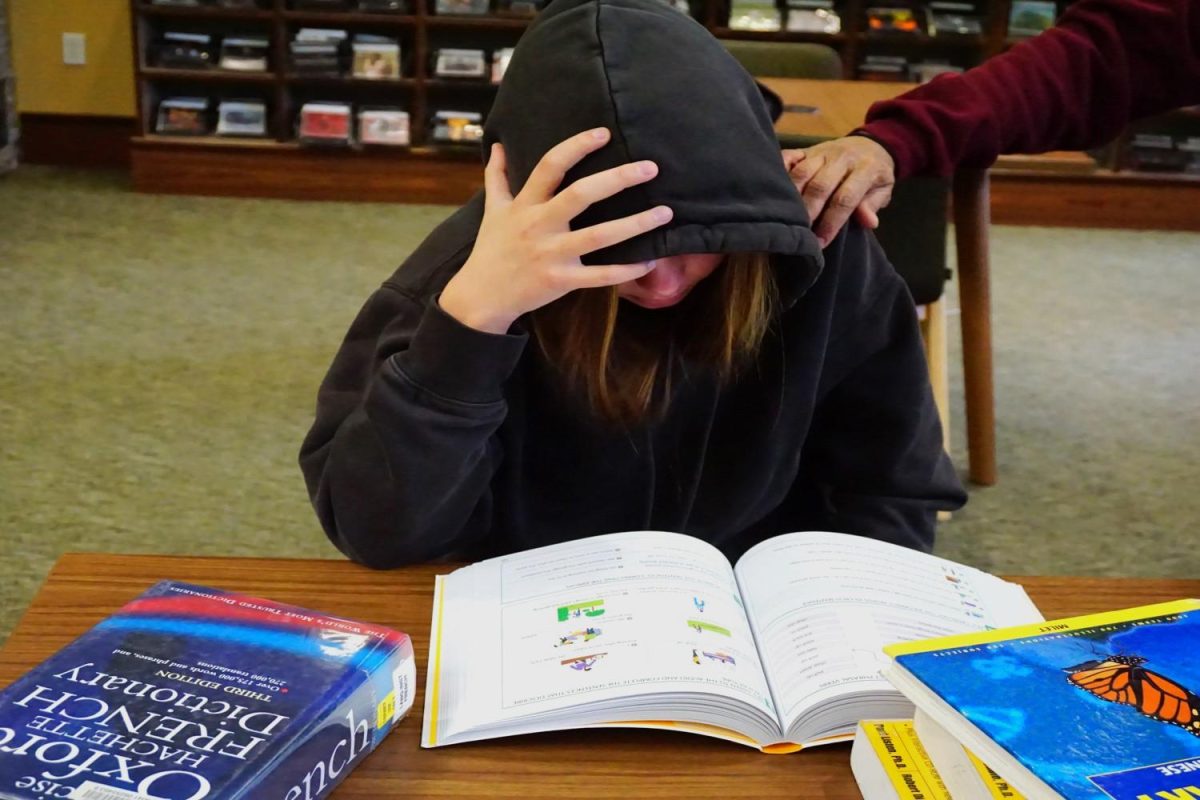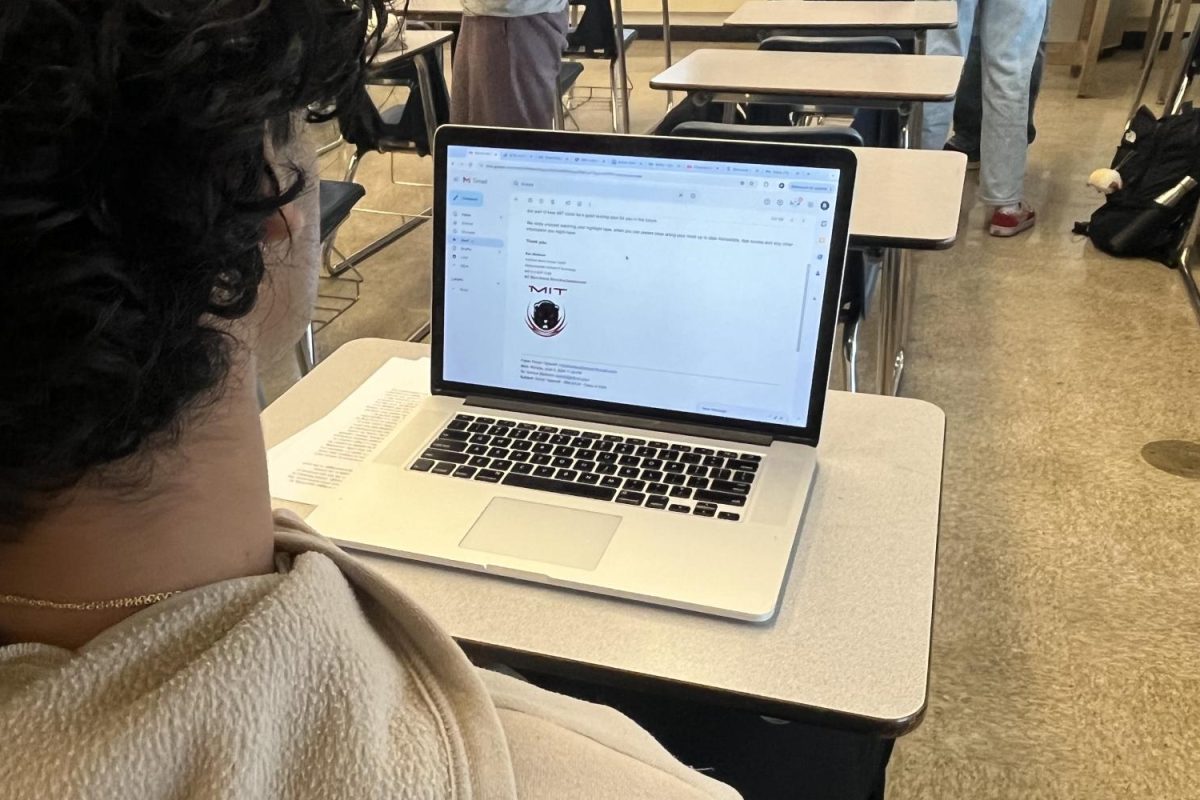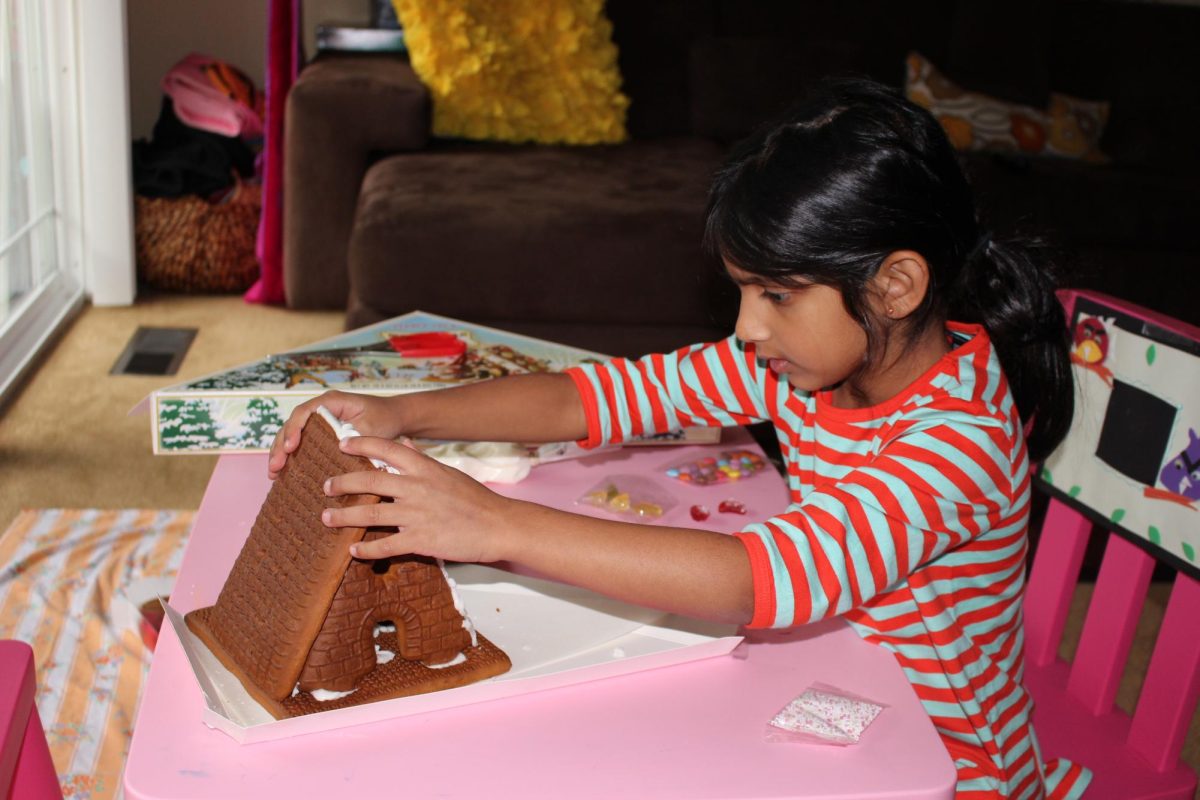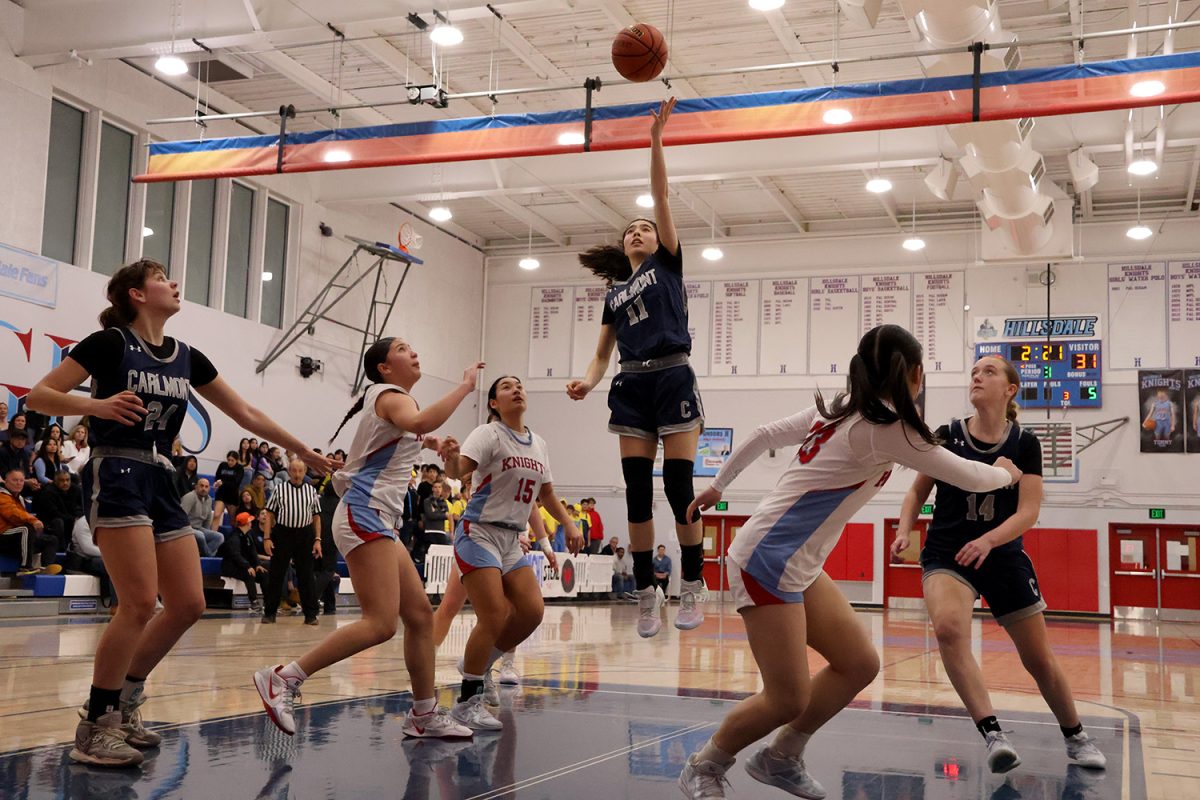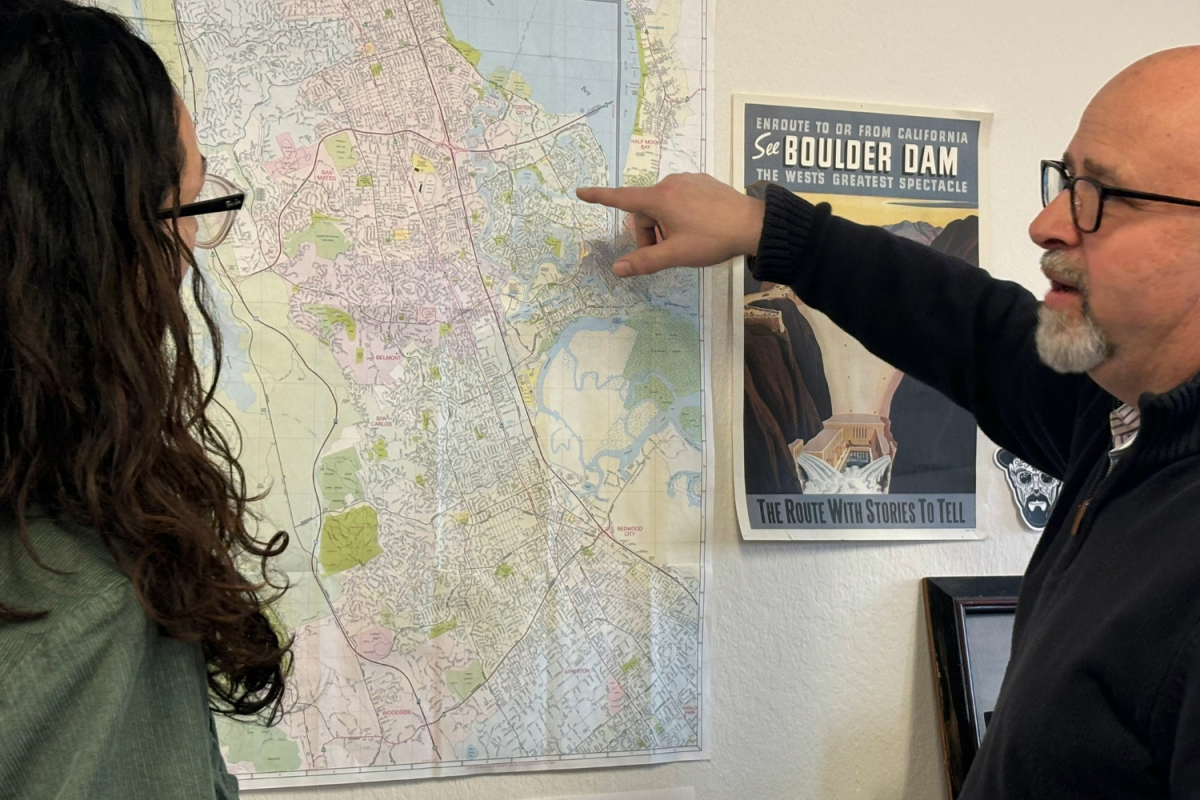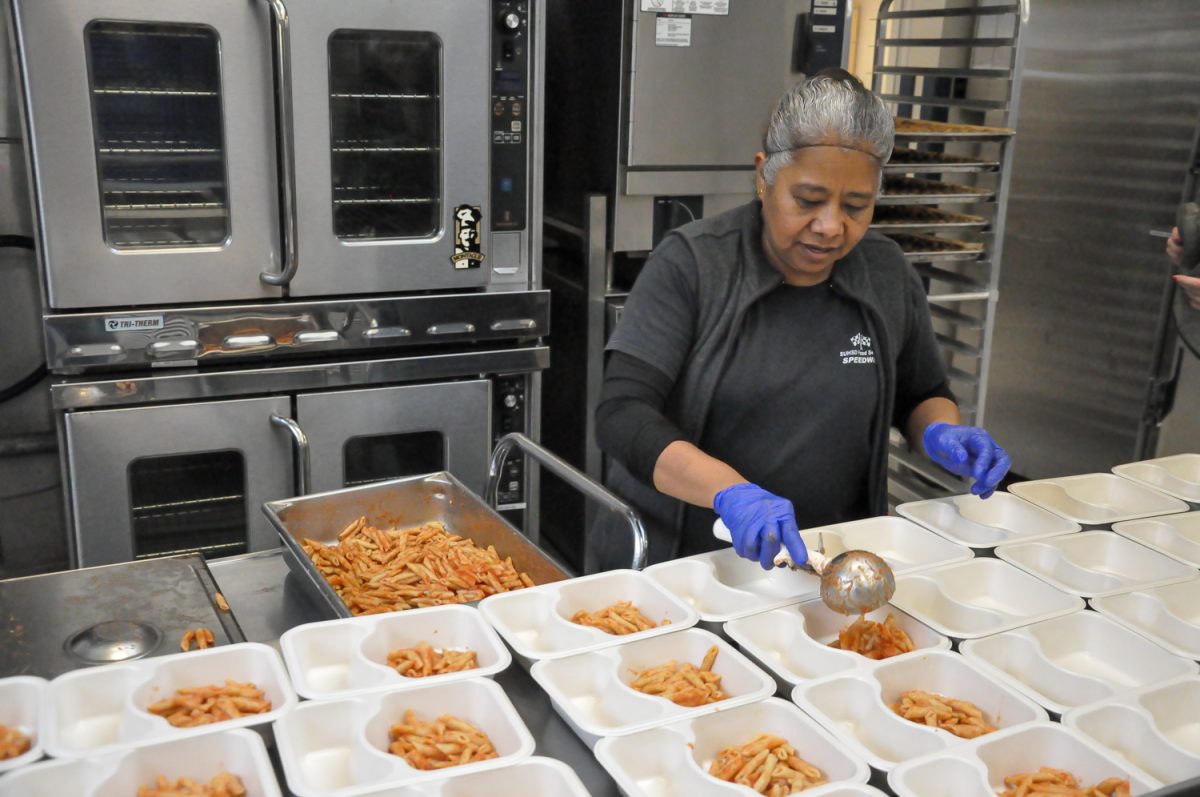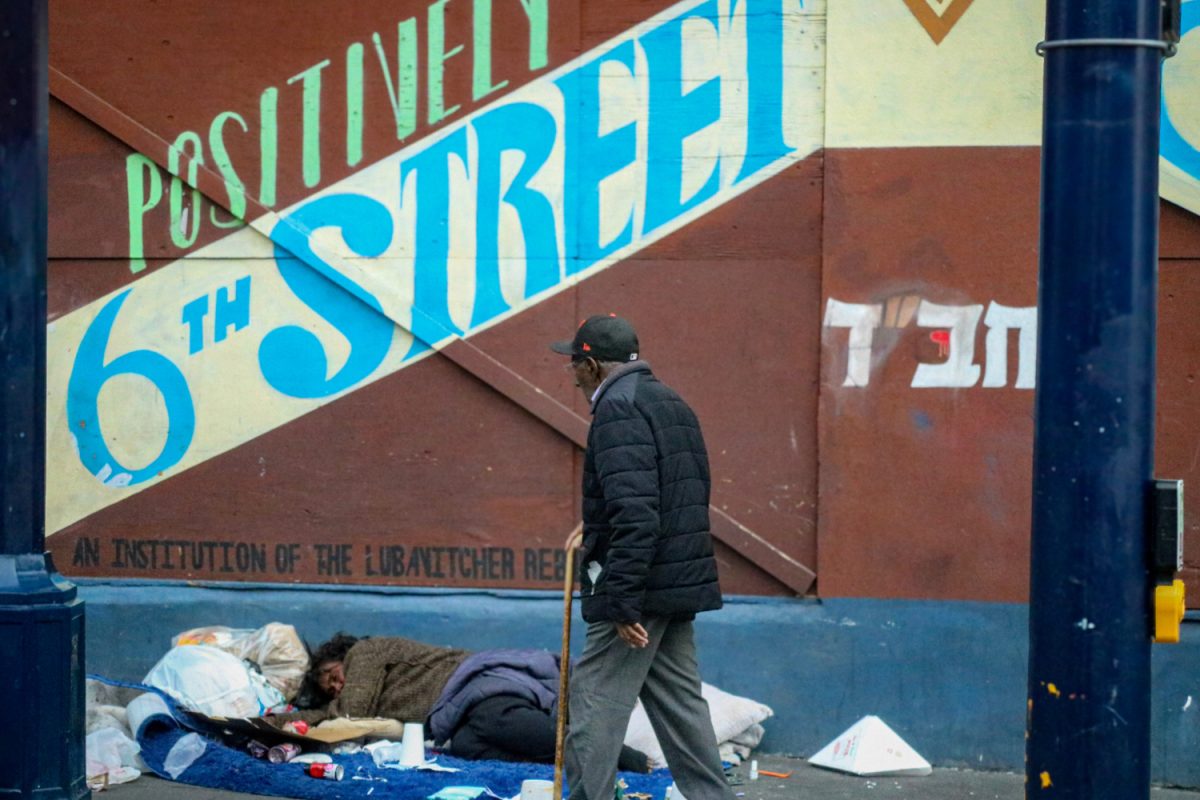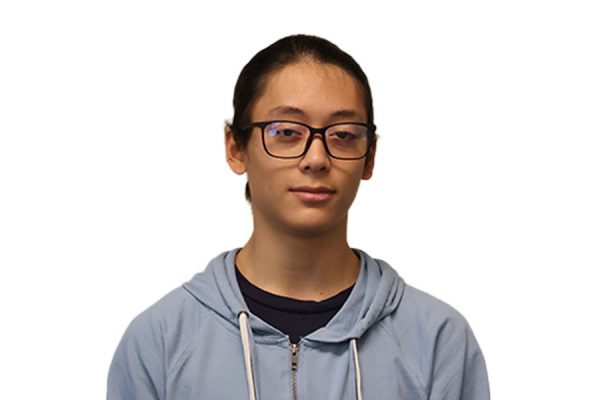Do you think you can sort your trash correctly?
How about an old phone? A used tire? A mattress?
The answer is not the trash can — all these items must be taken to their respective handling centers. For San Jose residents, the answer to this sorting problem is Zero Waste Saturdays.
Facilitated by the nonprofit company Zero Waste Silicon Valley, Zero Waste Saturdays allow San Jose residents to make a single stop for e-waste, tires, compost, mattresses, and more — as long as it isn’t trash.
Led by director Mario Pichardo, Zero Waste Silicon Valley is part of the San Jose Conservation Corps (SJCC). Founded in 1987 by San Jose City Council members Susan Hammer and Shirley Lewis, SJCC was initially created to tackle urban waste but has since expanded its mission to combat the “systemic barriers to employment for transition-age youth,” according to its website.
According to Pichardo, who grew up in Nicaragua during the Contras War, waste disposal infrastructure was severely neglected as he grew up.
“As my elders traveled to different countries, It (began to) give me a sense of motivation and curiosity in how to implement those ways of dealing with trash,” Pichardo said.
After many travels through places such as Taiwan, Vietnam, and Thailand, Pichardo came to the United States, where he eventually became a manager of Zero Waste before he rose to the position of director at the company.
“I’ve worked at all sorts of places before, been to 10 different cities in 11 years, but this is the first time where I wake up in the morning, and I’m excited to go to work,” Pichardo said.
Opening charter schools in 2002 and 2010, the SJCC provides high school classes for members who have yet to graduate. Alongside this, certifications are provided for skills such as forklift driving and e-waste management. Through the SJCC’s Paid Job Training Program, never-employed citizens can be paid while gaining certifications and possibly finishing high school at one of the SJCC’s charter schools.
“We strongly believe that young adults will be the future of environmental activism,” Pichardo said.
In addition, Carlmont and Zero Waste are united in a similar struggle of educating: bringing awareness to the proper disposal of waste.
Although recycling is not a perfect solution to pollution, the impacts of failing to recycle properly greatly affect the Carlmont custodians.
“After lunch, every lunch, (the custodians) have to pick up the whole campus,” said Carlmont custodian Irwin Dillon.
On campus lie a plethora of multicolored trash cans, fighting for attention with their neon hues. But, according to Dillon, only around half of the recycling bins are deemed as proper recycling.
According to Carlmont plant manager Jerome Clarke, nearly all of Carlmont’s compost bins become contaminated with non-biodegradables during the day, forcing custodians to dump them in the trash in some cases.
“Some say to just put more trash cans on campus – but a lack of trash cans isn’t the problem. It’s more about loving the campus,” Clarke said.
Sorting trash may seem like an easy thing. Nevertheless, doing it daily for thousands of people is an enormous task for a team of 12, according to Clarke.
For both the SJCC and Carlmont’s custodians, their love for the community is what keeps them going, day to day.
“You’d be surprised to see the happy faces of people when we clean up the places they live,” Pichardo said.

